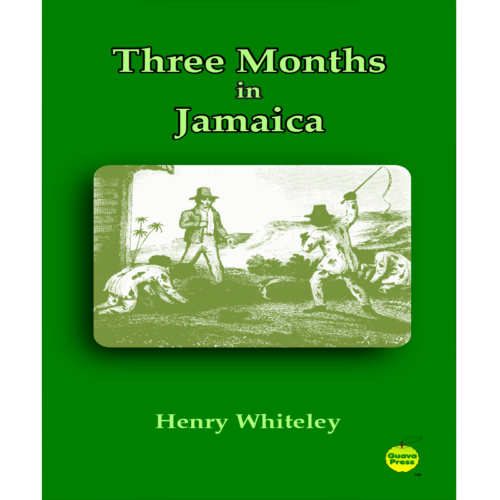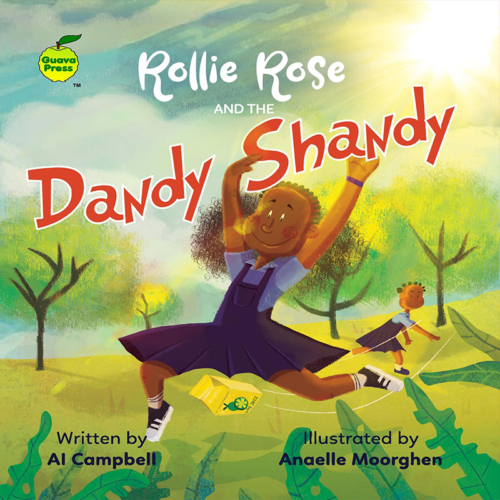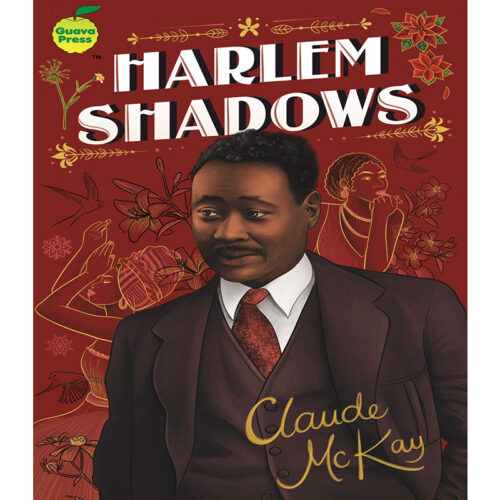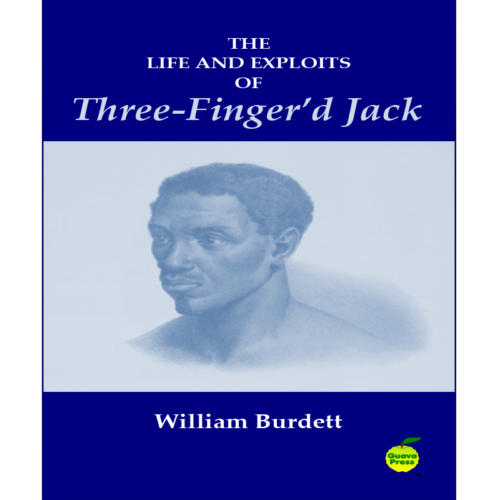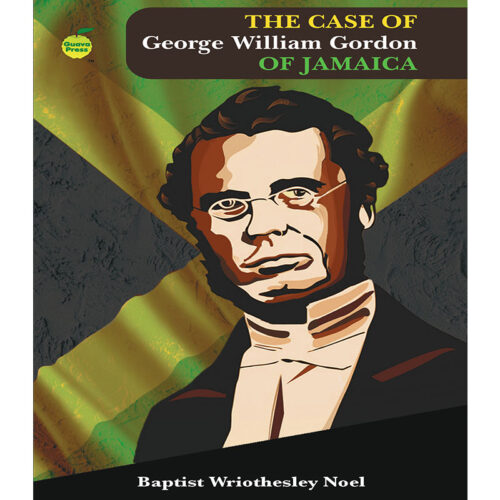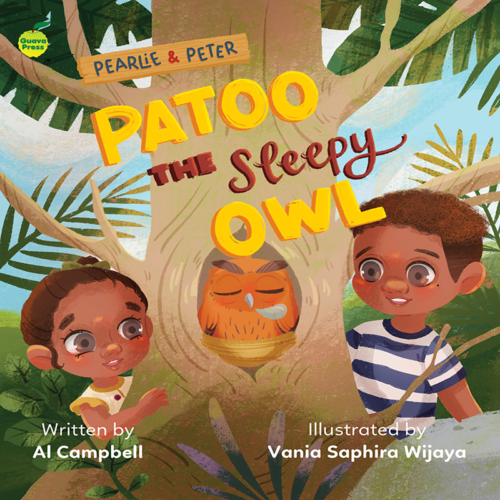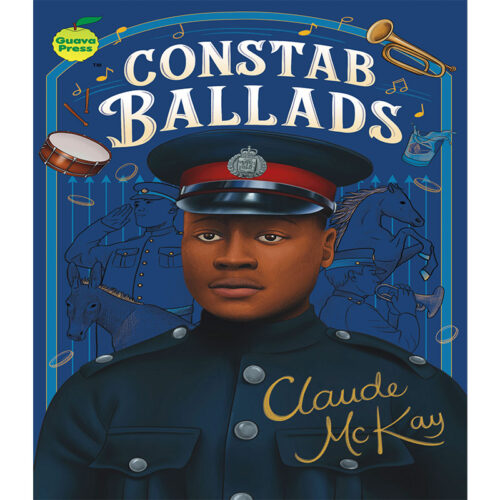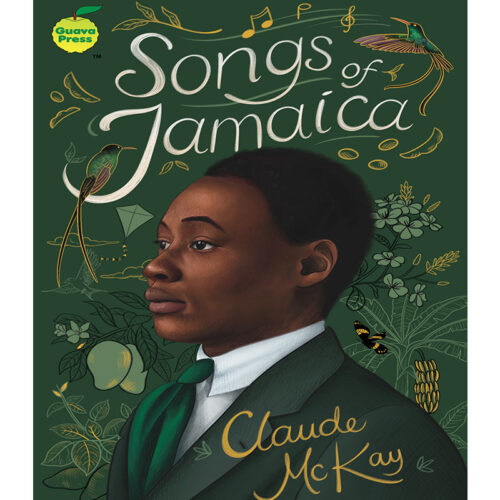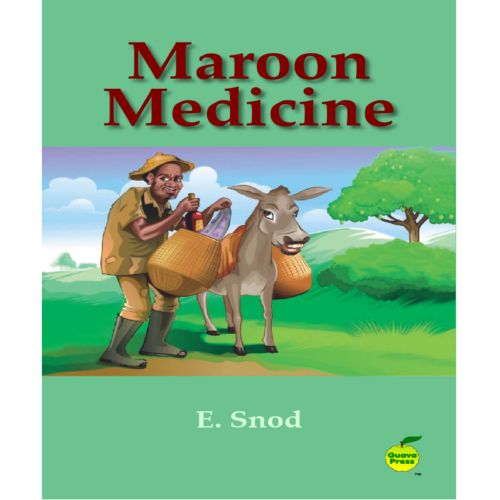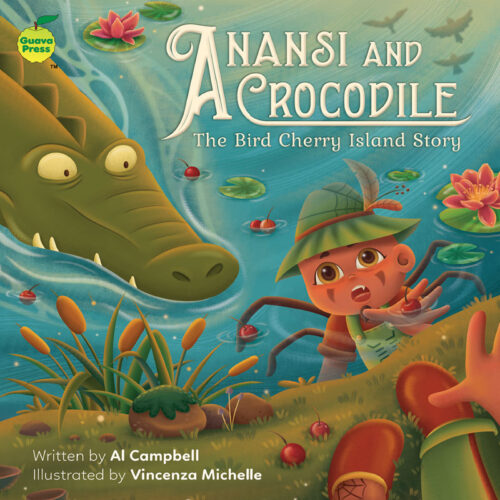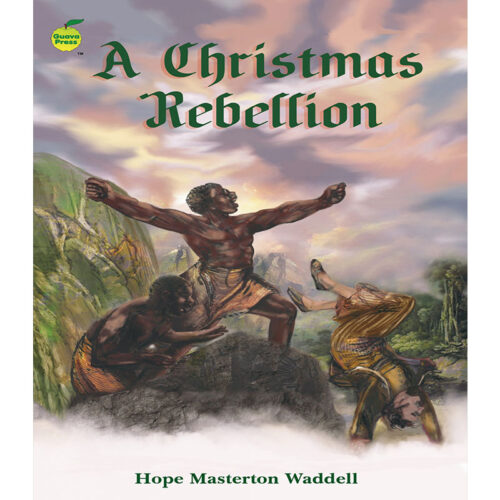-
By Henry Whiteley In 1832, Henry Whiteley, a young Methodist clergyman, travelled to Jamaica on a mission to preach the gospel to the Negro slaves and convert many to Christianity. Three Months in Jamaica is Whiteley’s account of that visit. The account was published in June 1833, and is one of the few remaining records of the working conditions and methods of punishment that existed on Jamaican sugar plantations during the period (1655-1838) when the British system of slavery existed throughout the island. An excerpt from Three Months in Jamaica: I proceeded on horseback to New Ground estate the next day. On my way thither I saw much majestic arid beautiful scenery, and enjoyed the prospect exceedingly, until I came in sight of a gang of negroes at work. Most of them were females; and they were superintended by a driver, with the cart-whip in his hand. Just as I rode past, the driver cracked his whip and cried out, “Work! Work!”
-
By Al Campbell and Illustrated by Anaelle Moorghen “Come; let’s play a game of dandy shandy! Let’s throw the juice box and find out who can dodge and leap out of its way!” Join Rollie Rose and friends at recess as they play a game of dandy shandy. Children will delight in reading about this exciting traditional Jamaican outdoor game. Read and enjoy this fun-filled Rollie Rose story, marvel at the lively illustrations, and learn how friends can share special moments. This storybook is perfect for early readers.
-
By Claude McKay Claude McKay was one of the twentieth century’s finest poets and Harlem Shadows (1922) collects some of his most moving, lyrical verses which capture his nostalgia for Jamaica, as well as his empathy for the unjust plight of Black people in the United States and around the world. These are passionate poems, that are full of calls for human decency, dignity and justice in a needlessly cruel world. In ‘If We Must Die,’ McKay asserts: “If we must die, let it not be like hogs Hunted and penned in an inglorious spot, While round us bark the mad and hungry dogs, Making their mock at our accursed lot.” This collection includes poems such as: -THE EASTER FLOWER -FLAME-HEART -THE SPANISH NEEDLE -ENSLAVED -I SHALL RETURN -MORNING JOY -AFRICA -ON A PRIMITIVE CANOE -THE HARLEM DANCER -THE CASTAWAYS -THE LYNCHING -IF WE MUST DIE
-
By Tom Redcam Becka’s Buckra Baby by Tom Redcam (Thomas Henry MacDermot) was first published in 1905. The novella explores the social implications and unforeseen consequences when a young lady gives a black girl the Christmas gift of a white doll.
-
By William Burdett William Burdett’s The Life and Exploits of Three-Finger’d Jack (1801), tells the story of Jack Mansong, an African who was captured, taken to Jamaica and forced into slavery. Jack escaped from the sugar plantation where he was forced to do slave labour by the British and ran to the mountains of the island. There he led a guerrilla group of around sixty rebels who fought, during the 1780s, for freedom that was not attained until well over fifty years after. Jack Mansong is one of the unsung heroes of Jamaica.
-
By Baptist Wriothesley Noel The Case of George William Gordon, Esq., of Jamaica by Baptist Wriothesley Noel examines the events that led to the execution by hanging after the Morant Bay Rebellion in 1865 of The Right Excellent George William Gordon, National Hero of Jamaica. Noel details Gordon the successful businessman, Christian and family man, as well as the flimsy and unfair charges brought against him by the colonial government for suspicion of having planned the rebellion. An excerpt from The Case of George William Gordon, Esq., of Jamaica: As a Christian and a man of strong affections it was impossible that he should not use his influence to protect the weak from suffering wrong. More than many rich men do, he resembled the patriarch, who could say of himself, “When the ear heard me, then it blessed me; and when the eye saw me, it gave witness to me: because I delivered the poor that cried, and the fatherless, and him that had none to help him. I was a father to the poor, and the cause that I knew not I searched out; and I break the jaws of the wicked, and plucked the spoil out of his teeth.”
-
Patoo! Who’s that? You don’t know Patoo?Children will be happy to read about Patoo,
a lovable Jamaican name for owl.
Join Pearlie as she listens to her brother Peter’s
legendary tale about an old sleepy owl called Patoo.
Read and enjoy this moving story
about living in harmony with each other, as well as
with our environment, admire the beautiful illustrations,
and learn why we like to think that owls are wise.This storybook is perfect for early readers. -
By Claude McKay Claude McKay was one of the twentieth century’s finest poets and Constab Ballads (1912) was his second published work, after Songs of Jamaica earlier that year. This collection was also written in Jamaican Patois and was largely based on his experiences while serving as a police constable in Spanish Town. The poems are an alluring combination of traditional verses, dramatic monologues and confessional love lyrics. This collection includes poems such as: - DE ROUTE MARCH - FLAT-FOOT DRILL - PAPINE CORNER - COTCH DONKEY - A RECRUIT ON THE CORPY - PAY-DAY - KNUTSFORD PARK RACES - THE HEART OF A CONSTAB - FE ME SAL - THE MALINGERER - A LABOURER’S LIFE GIVE ME - SUKEE RIVER
-
By Claude McKay Claude McKay was one of the twentieth century’s finest poets and Songs of Jamaica (1912) was his first published work. This is a pioneering collection written in Jamaican Patois, the first of its kind. In the opening poem ‘Quashie to Buccra’ he begins by asserting the labourer’s voice: “You tas’e petater an’ you say it sweet, But you no know how hard we wuk fe it; You want a basketful fe quattiewut, ’Cause you no know how ’tiff de bush fe cut.” This collection includes poems such as: - QUASHIE TO BUCCRA - KING BANANA - SCHOOL-TEACHER NELL’S LUB-LETTER - HARD TIMES - CUDJOE FRESH FROM DE LECTURE - MOTHER DEAR - KILLIN’ NANNY - MY NATIVE LAND, MY HOME - BENEATH THE YAMPY SHADE - TO CLARENDON HILLS AND H. A. H. - WHEN YOU WANT A BELLYFUL - STROKES OF THE TAMARIND SWITCH
-
By E. Snod Maroon Medicine by E. Snod (E. A. Dodd) is a collection of four short stories that portray the lighter side events in the Jamaican countryside. The four fictional stories: “Maroon Medicine,” “Paccy Rum,” “The Red Cock,” and “The Courting of the Dudes,” are sketches from rural Jamaican life in the early 1900s. They are humorous, as well as give valuable insights into people’s lives during that period.
-
One morning three seabirds invite Brother Anansi to fly with them to Bird Cherry Island. He doesn’t have wings but they find a way for him to go along with them to pick delicious cherries. Find out what happens next in this lively and amusing Anansi adventure because on the island the cunning spider man also meets Crocodile, and of course, tries to trick the trusting reptile. Read and enjoy this traditional Anansi story, with an appearance by Crocodile’s loving wife, as well as a chance encounter with a couple of triggerfish. Also admire the magnificent illustrations, and discover how the crafty spider man is once again able to survive against all the odds. This storybook is chock-full of fun for young readers.
-
By Hope Masterton Waddell Hope Masterton Waddell was a missionary in Jamaica when a slave uprising started after December 25, 1831, which lasted into the first weeks of 1832. A Christmas Rebellion is Waddell’s recollection of this rebellion that is considered the largest slave rebellion in the British Caribbean. The uprising was also called the Baptist War because many of the rebels were Baptist denomination. An excerpt from A Christmas Rebellion: Early in December 1831 rumours of an impending servile war began to spread abroad and agitate the community. The slaves, it was said, had bound themselves by a solemn oath to each other to be slaves no longer. The conspiracy was discovered on Salt Spring estate, near Montego Bay, from the mysterious and threatening language of an angry negro to his overseer, which aroused suspicion, led to investigation, and thereby brought to light the whole scheme. The time was near for its being carried into effect, yet nothing seemingly could be done beforehand to prevent it.
